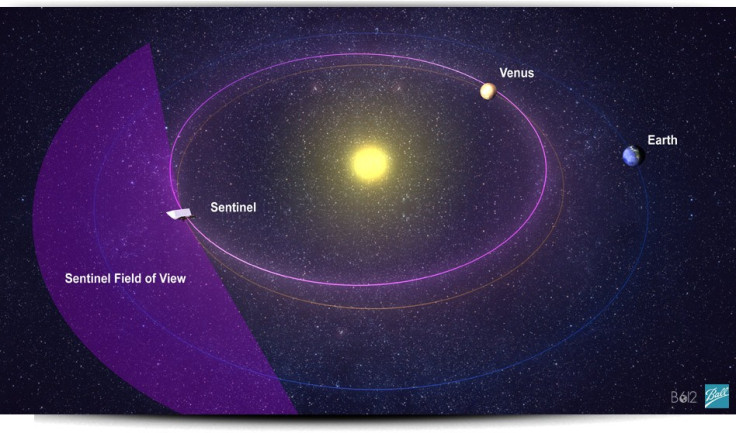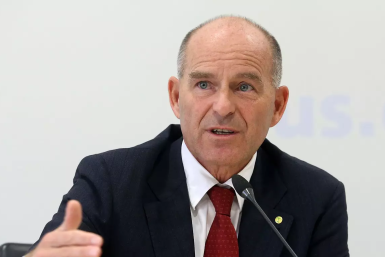First Private Deep Space Mission Plans for Asteroid Mapping Revealed

Non-profit space exploration agency, B612 Foundation, has unveiled its plans to launch the first privately funded deep space mission at a press conference at the California Academy of Sciences.
A team of astronauts and leading Nasa researchers is planning to build and operate an infrared (IR) space telescope called Sentinel. They plan to place the telescope in orbit around the Sun, ranging up to 170 million miles from earth, for a mission of discovery and mapping.
"The orbits of the inner solar system where earth lies are populated with a half million asteroids larger than the one that struck Tunguska (June 30, 1908), and yet we've identified and mapped only about one percent of these asteroids to date," stated Ed Lu, Space Shuttle, Soyuz, and Space Station Astronaut, now Chairman and CEO of the B612 Foundation.
Lu said during its 5.5-year mission survey time, Sentinel will discover and track half a million Near Earth Asteroids, creating a dynamic map that will provide the blueprint for future exploration of our solar system, while protecting the future of humanity on earth.
Asteroids are a scientific and economic opportunity in that they contain the original building blocks of the solar system. They are targets for future human exploration, and may contain valuable raw materials for mining.
These asteroids are also a threat in that they can pose great risk to humanity here on earth. Taking advantage of these opportunities and dealing with these threats require not only knowing where each of these individual asteroids is now, but also projecting where they will be in the future.
"For the first time in history, B612's Sentinel Mission will create a comprehensive and dynamic map of the inner solar system in which we live - providing vital information about who we are, who are our neighbors, and where we are going," said Rusty Schweickart, Chairman Emeritus of B612, and Apollo 9 Astronaut.
The researchers are estimating that it will take approximately five years to complete development and testing of the Sentinel for launch in 2017-2018. The launch vehicle of choice is the SpaceX Falcon9.
© Copyright IBTimes 2024. All rights reserved.





